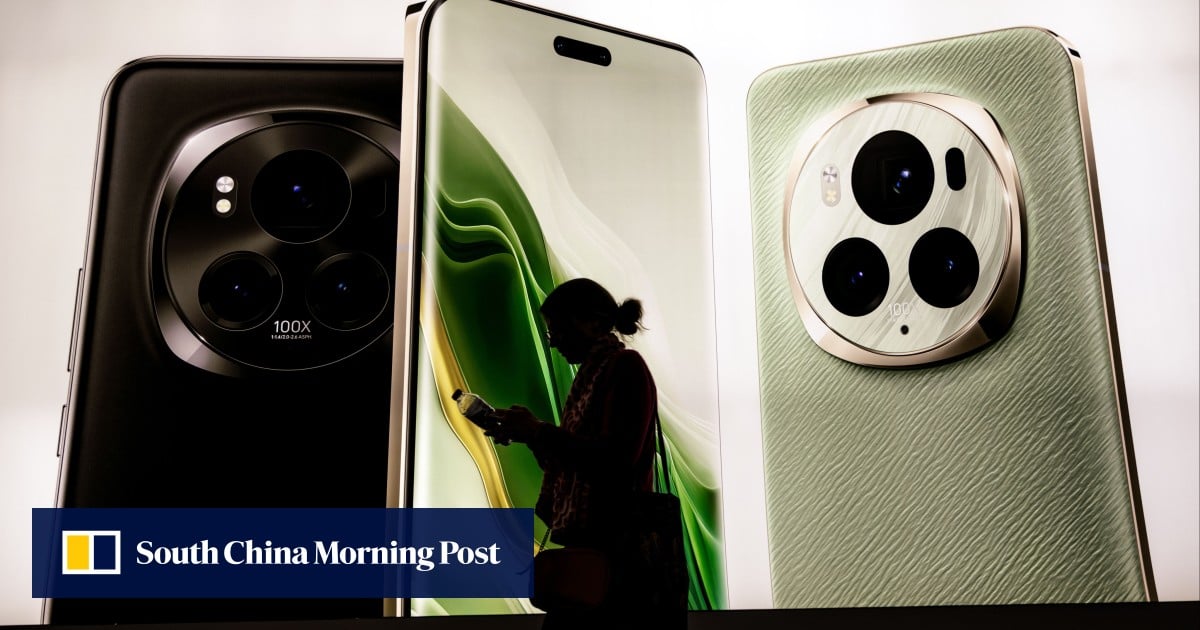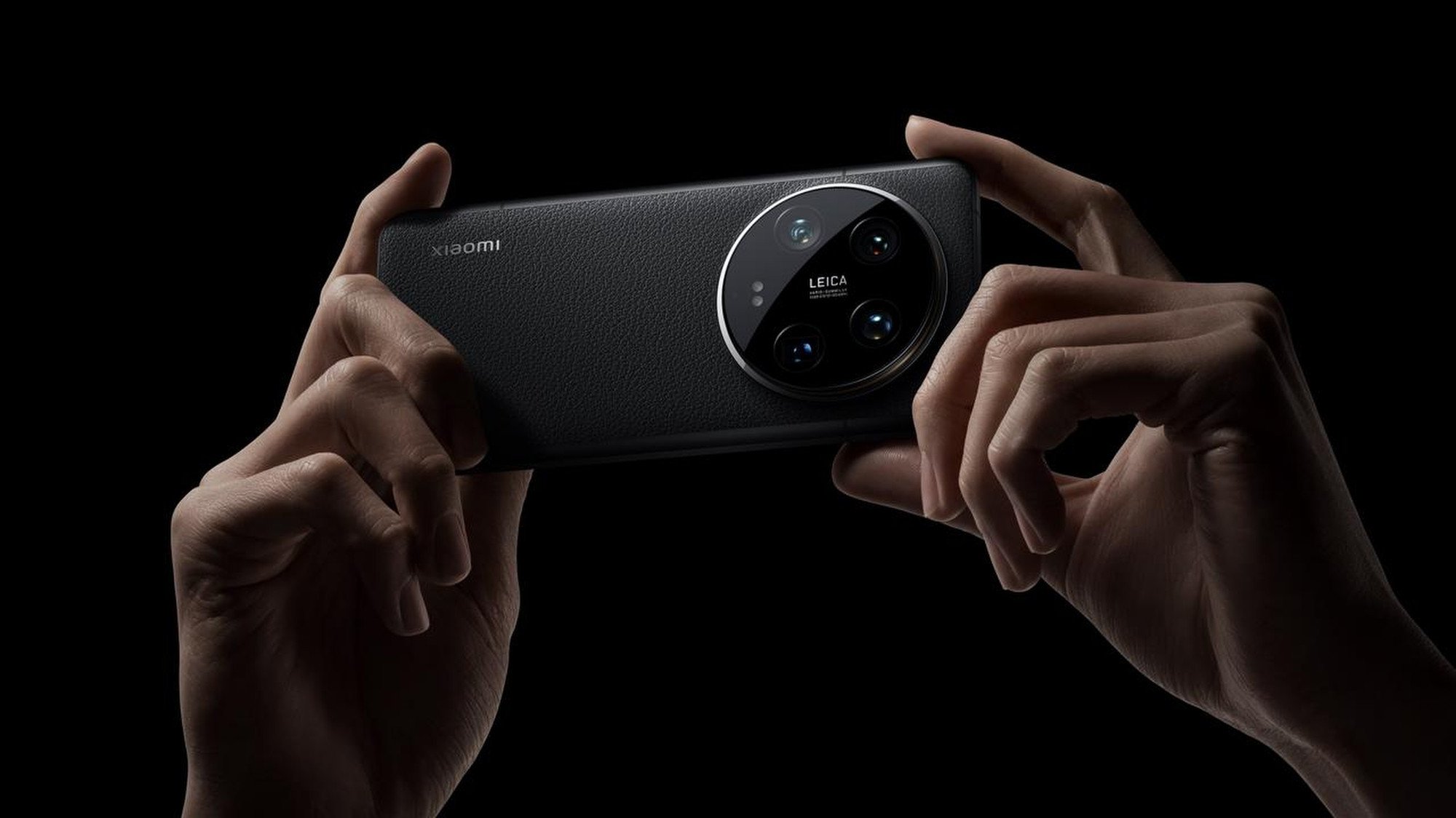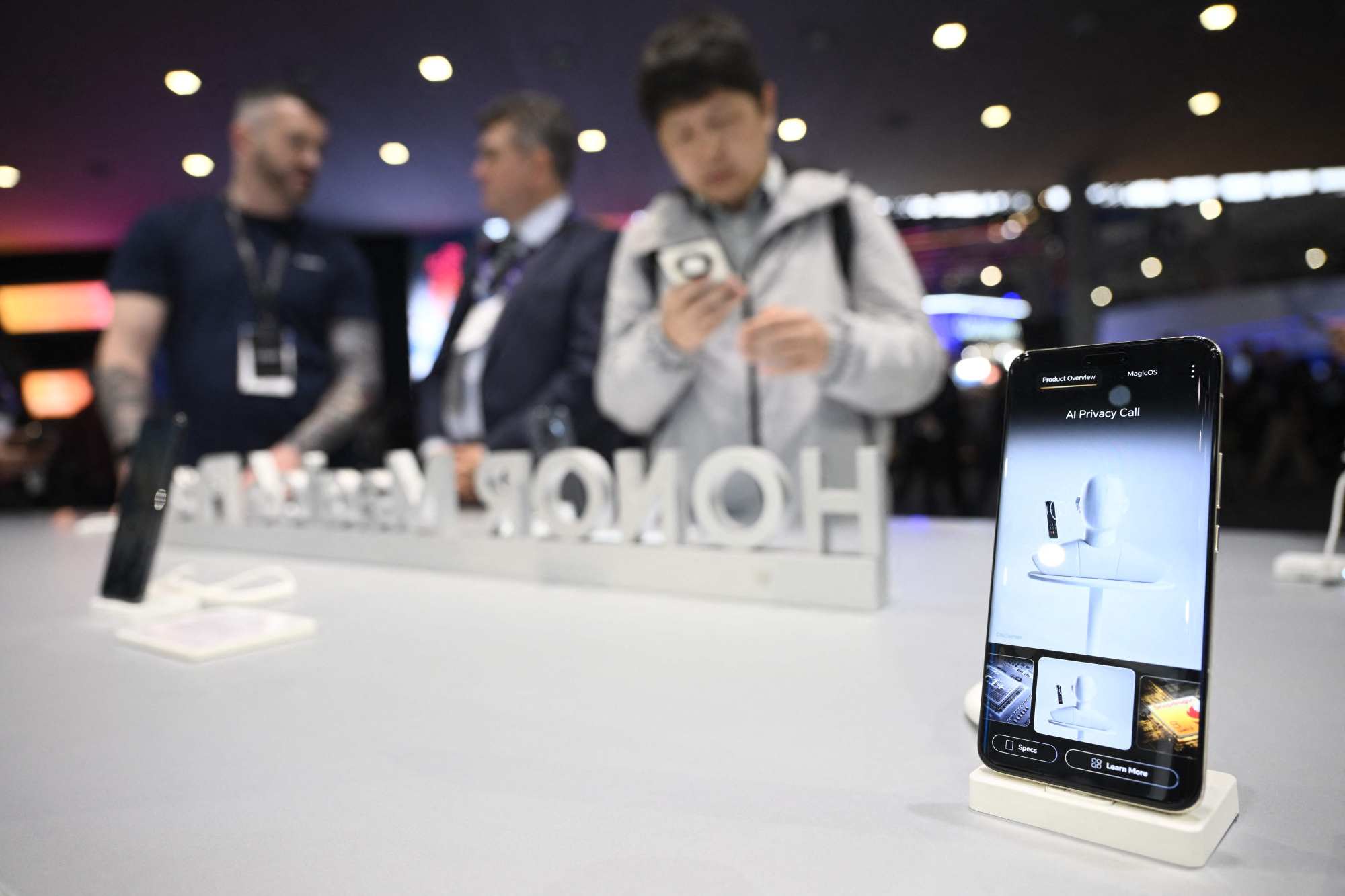
02 Mar Chinese smartphone giants Honor and Xiaomi show AI’s vast market potential at MWC Barcelona to challenge Samsung, other global rivals

At the current stage, generative AI features on smartphones will not be a determining factor for consumers in their purchase decisions, “at least not in 2024”, according to Ethan Qi, an associate director at Counterpoint Research.
“Currently, it is still hype,” Qi said. “When we’re past the bubble period in two or three years, consumers will see the actual distinctions between an AI phone and what they have now, which would prompt them to upgrade their handsets.”
Chinese smartphone vendors from Meizu to Oppo step up AI integration in devices
Chinese smartphone vendors from Meizu to Oppo step up AI integration in devices
Still, the latest AI-enabled devices from Chinese vendors have given this emerging market segment an early start. China last year shipped 5 million AI-capable smartphones, more than any other market worldwide, according to data from Canalys.
Mainland smartphone makers have rushed to deepen their commitment to using generative AI on their devices, as all major vendors have each launched their own large language model (LLM) – the technology used to train ChatGPT and similar AI services.
Counterpoint has forecast global shipments of generative AI-enabled (GenAI) smartphones to reach more than 100 million units this year, up from about 47 million in 2023, and rapidly expand to 552 million by 2027.
GenAI handsets, a subset of AI smartphones, use generative AI technology to create original content, rather than just provide preprogrammed responses or perform predefined tasks.

But AI services solely trained on Chinese-language LLMs could lose their edge when these are brought to overseas markets, Counterpoint’s Qi said.
“Different countries have various market-specific requirements for LLMs, from privacy to content generation,” Qi said. “Chinese smartphone vendors may need to rely on partnerships with overseas GenAI [system] providers and vie for exclusive capabilities from these partners to offer their consumers a better experience than their rivals.”
Testing AI functions in China, the world’s largest smartphone market, before bringing these overseas can provide some insights, Zhong said. But there is still a question mark on whether that would be enough for Chinese AI handset vendors to succeed outside their home market.
So it is not yet certain how Honor can localise its devices’ AI functions by convincing overseas partners to open up their application programming interface and join the company’s ecosystem, he added.
Chinese consumers unimpressed by Samsung phones powered by Baidu AI
Chinese consumers unimpressed by Samsung phones powered by Baidu AI
China’s major smartphone makers are up against innovative tech powerhouses such as Samsung, which pledged to expand AI capabilities across the firm’s product portfolio at MWC Barcelona.
Apple dealers slash iPhone prices in China, as Huawei lures away buyers
Apple dealers slash iPhone prices in China, as Huawei lures away buyers
While Huawei remained “resolutely committed” to the overseas market, the firm currently has no plans to bring the Mate 60 Pro outside China, the head of international media at Huawei’s consumer business group, James Warren, said on the sidelines of MWC Barcelona this week.
